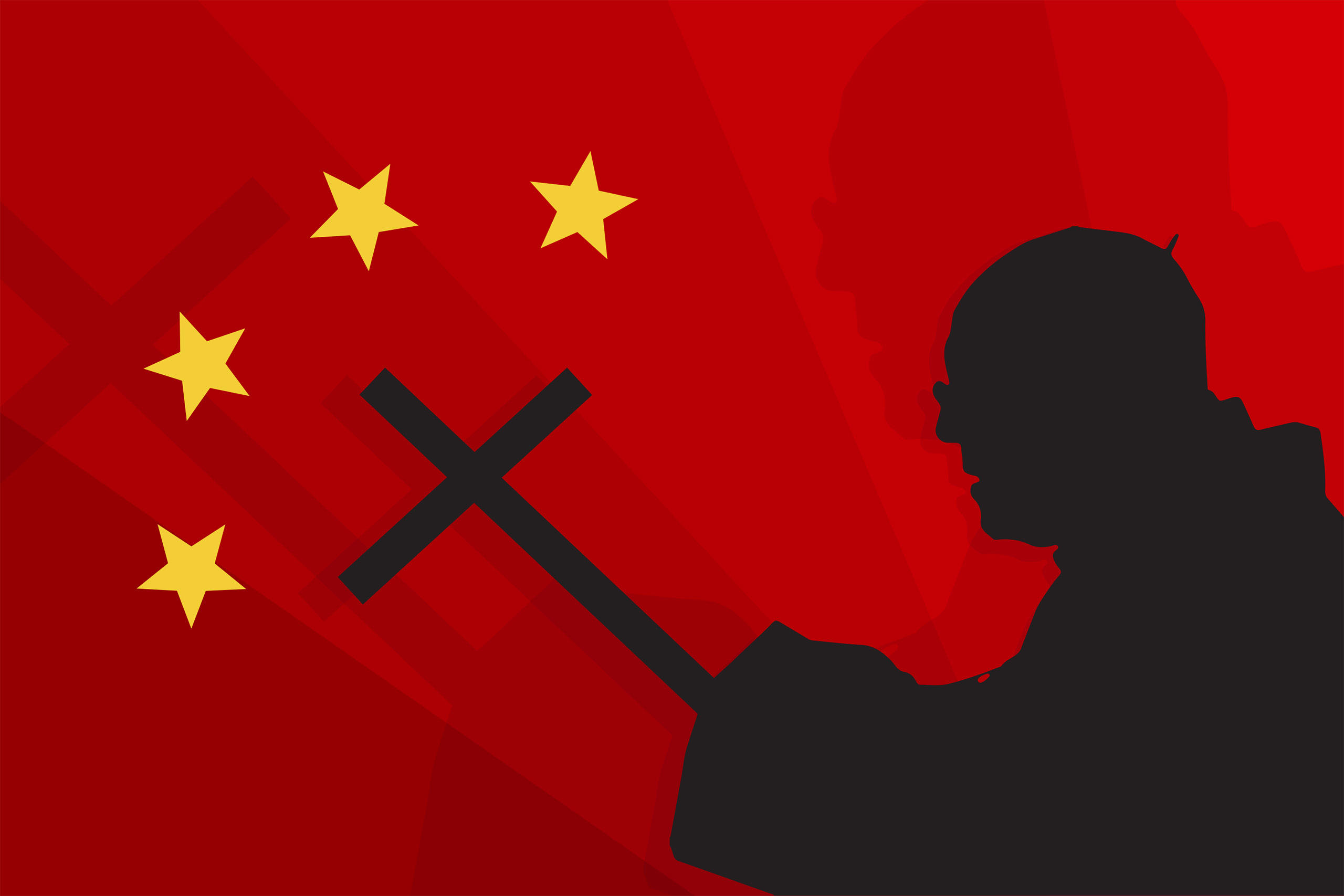Liberation Theology: An Answer in the Darkness to Our Worries?

I am not an expert in liberation theology. In fact, I am new to liberation theology. As I dive further into my study of Emmanuel Mounier and his personalist philosophy, I keep thinking about the few things I do know about liberation theology.
I am very grateful for Mounier because he has helped me to look anew at my own Catholicism and explore my leftist tendencies. Part of this was going onto Twitter and exploring Catholic and left-leaning Catholic Twitter.
One person whom I found and do quite like is David Inczauskis, SJ. He is a Jesuit at Xavier University (Cincinnati, Ohio). His Twitter handle is @libtheojesuit. A few weeks ago, he launched a podcast called The Liberation Theology Podcast. This podcast has been quite helpful in my exploration and learning about liberation theology.
Liberation theology provides us with a different way of approaching our Catholicism and the society in which we live. Of course, liberation theology began in South America. The first major work on liberation theology was by Gustavo Gutiérrez, published in Spanish in 1971.
Our society in Canada is different from the societies in South America, but liberation theology is relevant in our own Canadian perspective. It is especially relevant when we consider the continued mistreatment and marginalisation of Indigenous peoples.
My knowledge of liberation theology is still rather limited, but it is growing, thanks in part to the podcast that Fr Inczauskis, SJ hosts. Despite this limited knowledge, liberation theology is perhaps the light and the answer in the darkness of our worries about the state of society.
Liberation theology asks us ‘to participate in the struggle for the liberation of those oppressed by others’ (Gutiérrez, 1988 [2020]: 116). For me, this is what Christ calls us to do in the Gospels. Christ did not come to speak to the rich and powerful; Christ came to speak to the poor and the powerless.
This pandemic has shown us that we need to be shaken out of our comfortable lives and fight for a more just world and society. Liberation theology is a tool to help us achieve the goals that Christ set out for us. We must love one another.
Part of loving one another is fighting for justice and the elimination of oppression; Gutiérrez writes that ‘[w]hen justice does not exist, God is not known; God is absent’ (1988 [2020]: 111). Fighting for justice is not an individual thing.
Indeed, loving one another must be taken broadly to include ‘a person situated in economic, social, cultural, and racial coordinates. It likewise refers to the exploited social class, the dominated people, the marginated’ (Gutiérrez, 1988 [2020]: 116). This call made first by Christ and made again by Gutiérrez should be taken seriously by all Christians. We need to work toward a better world.
We live in darkness in this pandemic. We need a way forward. We cannot return to the way things were. Liberation theology along with other philosophies that talk about justice and liberation are the answers to our worries and the problems of our society; they are not the definite or whole answer, no, but they are important.
For anyone interested in learning more about liberation theology, I highly recommend Fr David Inczauskis, SJ’s podcast The Liberation Theology Podcast.




Peter Bisson
Posted at 08:17h, 07 JuneThank you Luke!
Richard Grover
Posted at 10:32h, 07 JuneOne of the Liberation theologians wrote: When I help the poor I am called a saint. When I ask why they are poor, I am called a communist. The Red Scare has deep roots in our society.Who benefits from this scare? Who loses?